Our Parashah this week details the laws concerning unintentional manslaughter caused through negligence.
“If a person accidentally kills another, he must be exiled and remain in the city of refuge until the death of the High Priest.“
How does the Cohen Gadol figure into this and what is the lesson being conveyed in this connection?
The Torah’s moral code places partial responsibility for lax concern in society for human life on the moral leadership of the time. By making the term of exile contingent upon the death of the High Priest, the Torah highlights his responsibility for setting the standards of society.
An incident is relayed in the Talmud where a priest was fatally stabbed during the temple service in a dispute with another priest. The onlookers expressed more concern over the defilement of the sanctity of the Temple with a dead corpse than the sanctity of the life lost. This perversion of moral standards had a direct effect on the people to lessen the value of human life in general.
In the society we live in today, what sense of responsibility do our civic leaders feel when there are literally countless murders, loss of life, and criminal violence occurring daily?
The sense of responsibility the High Priest felt was due to the enormous value with which the Torah invests in life. Perhaps today’s prevailing attitude and tolerance for violence is a result of undervaluing the sanctity of every human being.
~Rabbi Shaul



